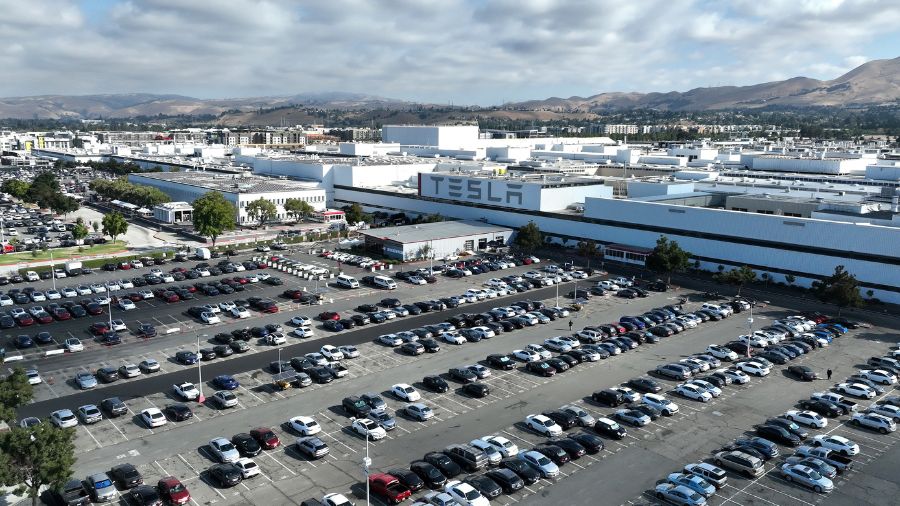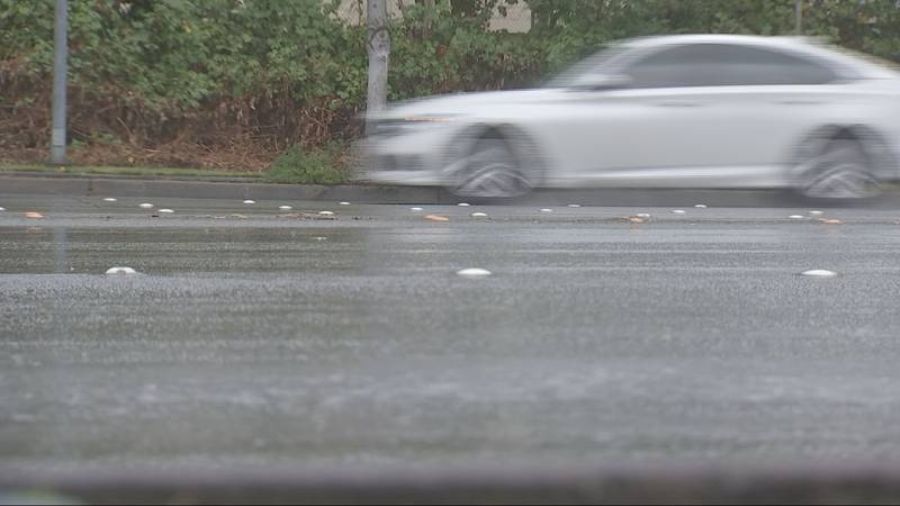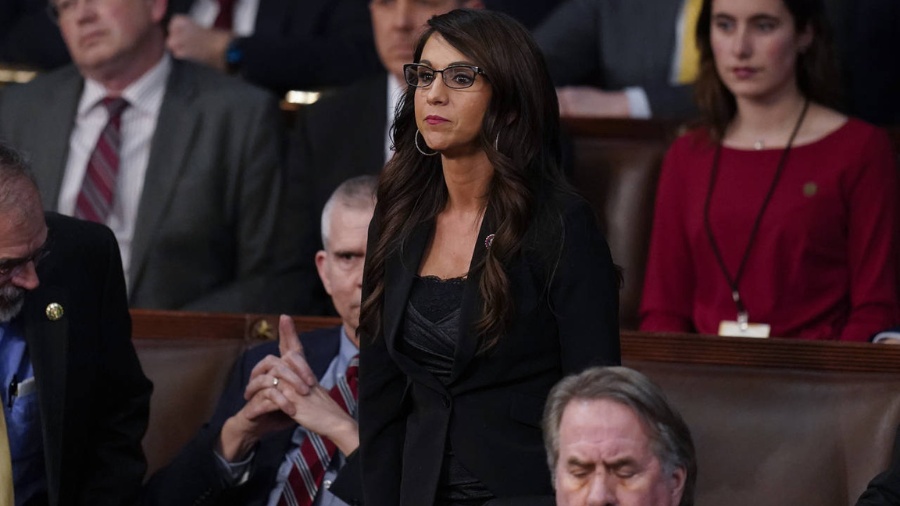Ross: New Seattle low-income housing costs over $134M to address homelessness
May 24, 2023, 11:37 AM | Updated: May 26, 2023, 8:17 am

The new 17-story building on the corner of Boylston Avenue and Madison Street on First Hill in Seattle provides low-income housing for residents. (Photo courtesy of The Rise on Madison)
(Photo courtesy of The Rise on Madison)
If you’re wondering where you can find that low-income housing in Seattle we keep hearing about – I can give you the address.
It’s the new 17-story building on the corner of Boylston Avenue and Madison Street on First Hill in Seattle, which had its grand opening Tuesday.
More from Dave Ross: Nobody in D.C. is actually going to stop the debt crisis
One of the driving forces behind this project was State Representative (and former House Speaker) Frank Chopp, who pushed the legislation to secure the land and is working on several similar projects around the city.
The new building includes two projects: “The Rise,” – which is low-income housing for working people, and in the same building, “Blake House,” which is for homeless, elderly people.
“First and foremost, we need to help the folks who are chronically homeless on the streets because they have the greatest need,” Chopp said. “And we also know why they are homeless, but they have medical conditions that have been part of their struggles. So that’s the first priority. There is also Workforce Housing, which is for lower-wage workers who are doing the work for all of us downtown or in various places, whether they’re janitors or cooks. They don’t get paid that much, but they need to live close to where they work, and those 300 units are reserved for them.”
The project is run jointly by Plymouth Housing and Bellwether Housing and was built on unused land bought years ago by Sound Transit for a light rail station that was scrubbed.
“We had an opportunity where we’re expanding the transit system to also make sure we take care of other needs, mainly for affordable housing. When Sound Transit is developing stations, they have surplus property afterwards, including the air rights above light rail stations,” Chopp said. “So that’s why we’re developing many of these sites across King County, throughout Sound Transit, for affordable housing that’s owned and operated by nonprofits and public housing authority. ”
The project cost $134.6 million. And I can tell you (because I went to the opening Tuesday on the 17th floor) it’s definitely a million-dollar view. The question is, will buildings like this visibly change the homeless problem? And is there enough money to build them?
The key to financing the project is that private investors get a federal tax break for raising part of the money, and the land for the project had already been paid for by Sound Transit.
“[Federal tax breaks] play a critical role, because somebody’s got to step forward and actually do these projects. And it’s much better to have nonprofits or public development authorities step forward in public interest to make sure that the housing is built, and then it stays affordable for many decades,” Chopp said. “And that’s critical, because these, the rents on these apartments need to stay very affordable.”
If you’re wondering about the cost – the numbers I got from the project website show the total cost of the building– was $134.6 million.
If you divide that over the 360 apartments, that comes to about $493,000 per apartment.
Ursula: $134M high-rise won’t solve Seattle homeless crisis
If, as a landlord, I wanted to get, say, a 4% return on that, I’d need to charge each tenant $1,644 a month.
But since this is subsidized for low-income residents, the rents start much lower than that: $1,132 a month for a 442-square-foot studio apartment.
In one of the speeches at the opening, we heard the story of a new tenant who had a job as a janitor and had been living on the streets — he wept for joy when he saw his new apartment. Which I can understand — they’re beautiful.
So low-income housing is on the way, but it’s not cheap.
If you go by the latest homeless count of about 13,000 people, you would need 35 more buildings like this to house them all. If they all cost what this one did, $134million, that would be a total investment of about $6.4 billion.
“I don’t want to over promise, I think too many people have promised too much. So we’re saying thousands of more units will be built. We know that’s the case, because of the three that we just opened up. That’s 800 units, and just those three projects that are already complete — but we have more on the road,” Chopp said. “We’re identifying projects all over the state to provide a location for supportive housing where they not only can get off the street, but they can also get some supportive services so they can deal with their mental illness or other kinds of medical problems they have.”
You can listen to Dave’s full conversation with Frank Chopp on affordable housing here:
Listen to Seattle’s Morning News with Dave Ross and Colleen O’Brien weekday mornings from 5 – 9 a.m. on KIRO Newsradio, 97.3 FM. Subscribe to the podcast here.
Editor’s Note: The original article said the building cost was $177 million, this has been corrected to be $134 million














